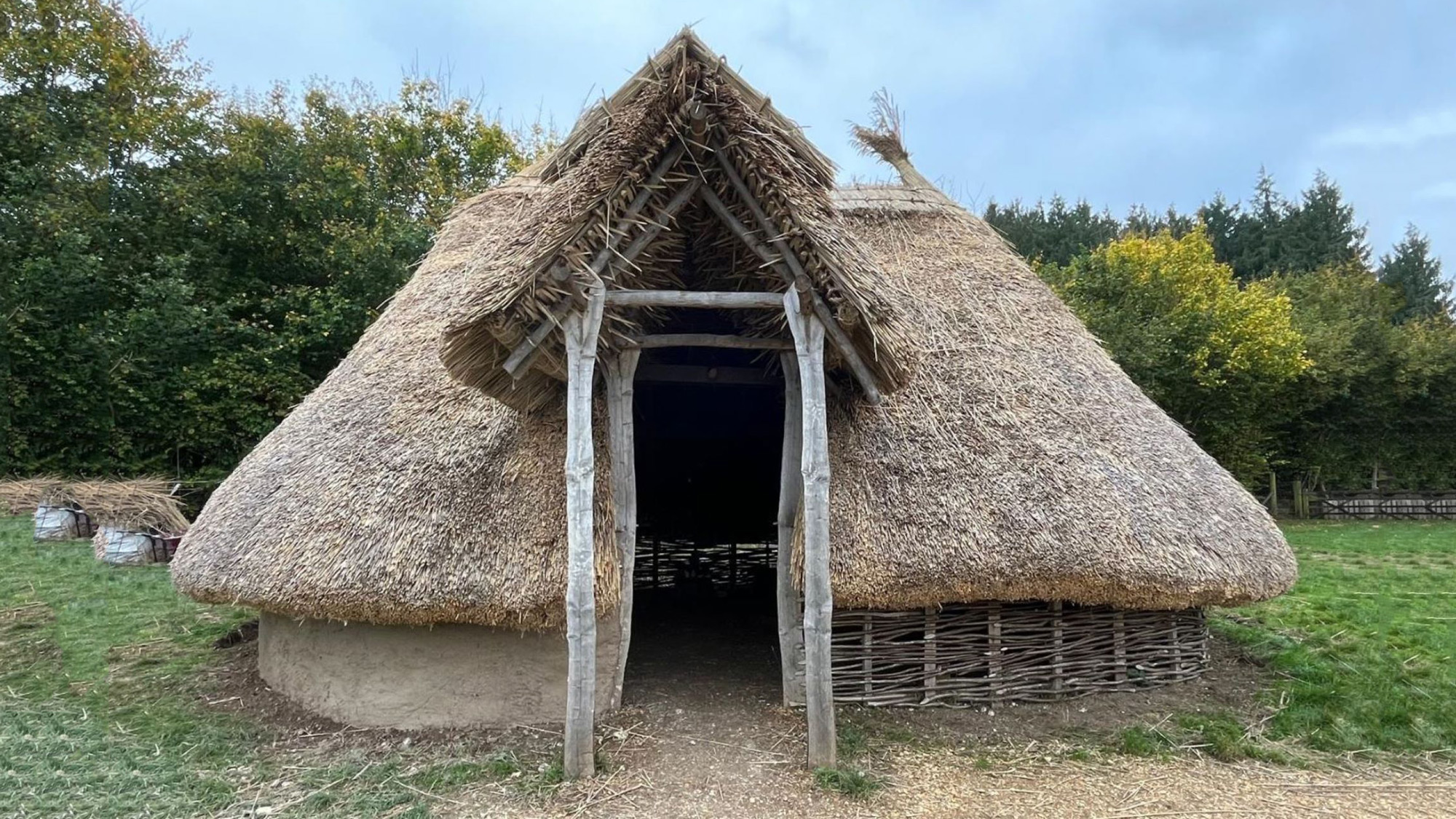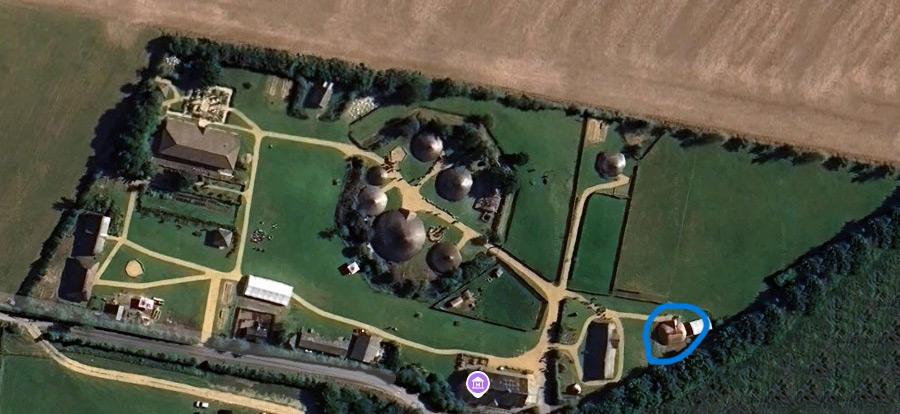Wyke Down

Name of the building in the museum in English:
Wyke Down
Name of the building in local language (as used in the museum):
Wyke Down
Local Language: English
Type of building:
Reconstruction (a new building, based on either historical or archaeological sources but without using original substance)
Museum where the building is presently located:
Butser Ancient Farm (UK)
Please select extra information below:
The original building or its remains: Source and Inhabitants
Source Material
Name of the location: Wyke Down, Cranbourne Chase | See Google Map below
Address: Down Farm | Cranbourne Chase | United Kingdom
Organisation responsible for in situ excavation:
It's an individual not an organisation
Name of the person responsible for the excavation: Martin Green
Role of the person documenting: Archaeologist/Landowner
When the excavation took place: 1996
Source(s): Plan of the excavation (188 KB) from a book in which the excavation plans and details are featured (not an excavation report)
French et al, 2007, Prehistoric landscape development in the upper Allen valley, Cranborne Chase, Dorset, McDonald Institute for Archaeological Research | ISBN: 978 1 902937
50.933428294333, -2.001490897832
Time and Inhabitants
The historical /archaeological time period of the original building is:
Neolithic
The original building date / date of first construction of the building is:
c. 2900 BC
Cultural group is known as:
Grooved Ware
Is the information about the original building's owners / users / inhabitants known?
No
About the original building
The original building was:
Unknown
The original function of the (original) building was:
Residential
If the original building was residential, the primary type was:
Unknown
Has the building's function of use changed through its history?
Unknown
The building in the museum: Basic facts and Construction process
The importance
The reason to present this building in the museum is:
The building is a rare specimen of its type, The building was a piece in a larger important context, The building is a prime example of the architectural characteristics
Please explain the rarity:
Although several 'Grooved Ware' sites have been excavated, this one is in a particularly interesting location and context and has rare evidence of walling material
Please explain its importance in the larger context:
The building was originally located in the wider prehistoric Wessex landscape where evidence of possible settlements are relatively rare
Please explain the unique architectural characteristics:
This building is part of a 'Grooved Ware' tradition which features 'square in circle' structures, characerised by a central square setting of four massive timbers surrounded by one or more circle
The reconstructed building was build on the site of the archaeological feature:
No

The location in the museum
Registration number / name / inventory number of the building: Wyke Down
Location in the museum: Stone Age area
The building in the museum is: Stand-alone
Documentation of the Construction Process
Is the organisation constructing / rebuilding the building in the museum a RETOLD partner:
No
Name of the organisation conducting the construction / rebuilding:
Butser Ancient Farm (UK) | United Kingdom | Website
Name of the person responsible for construction:
Thérèse Kearns
Role of the person within the organisation:
Experimental Archaeologist
Significant diversion
Is there a significant diversion in the construction from the original:
Yes
Please provide reasons for the changes:
The entrance way has been extended by a few centimetres to make it accessible to wheelchairs.
Are materials, techniques or tools diverging from historical/archaeological accuracy?
Yes
Please provide reasons for the changes:
Stone and bone tools were tested in the construction but not used throughout.

